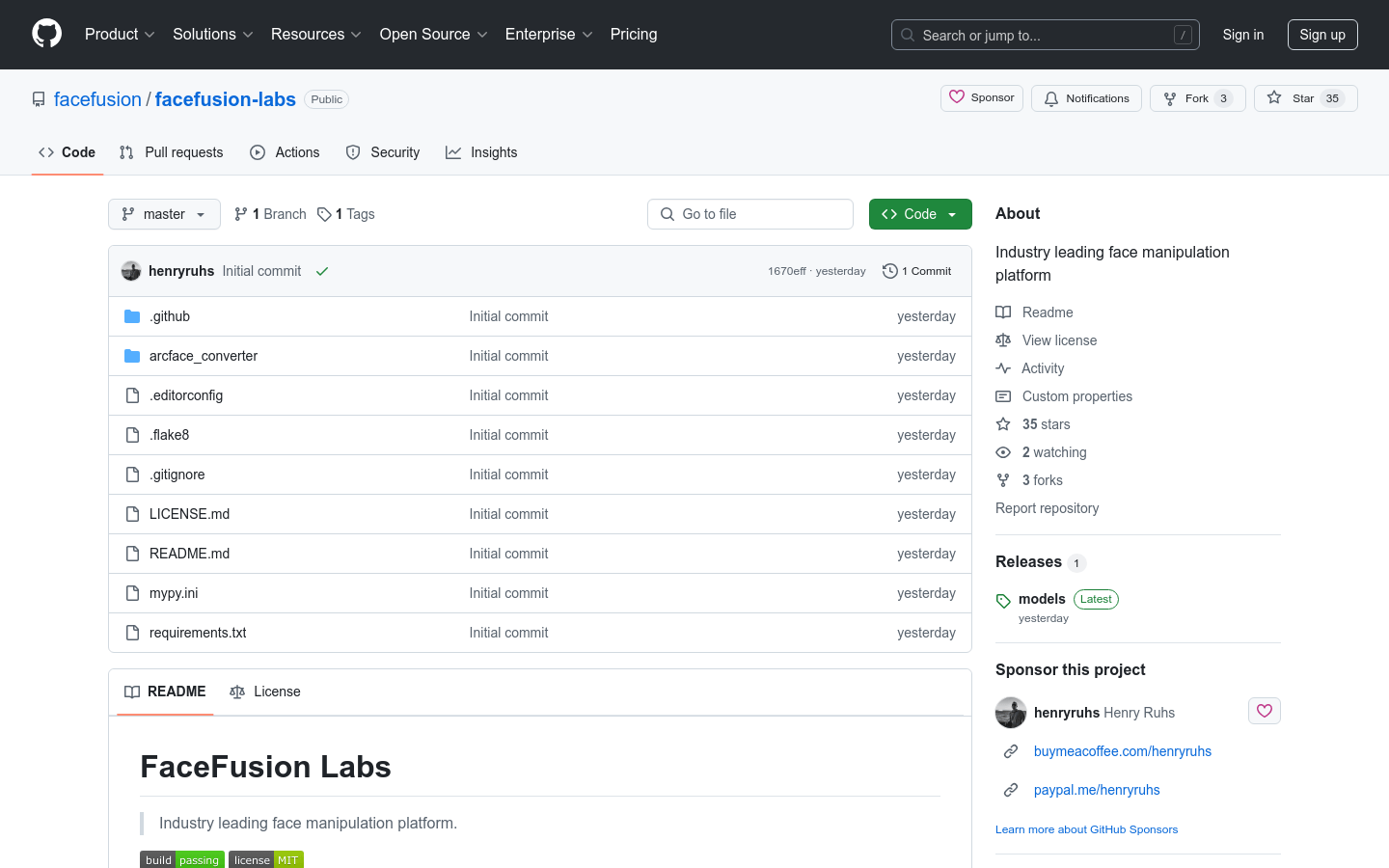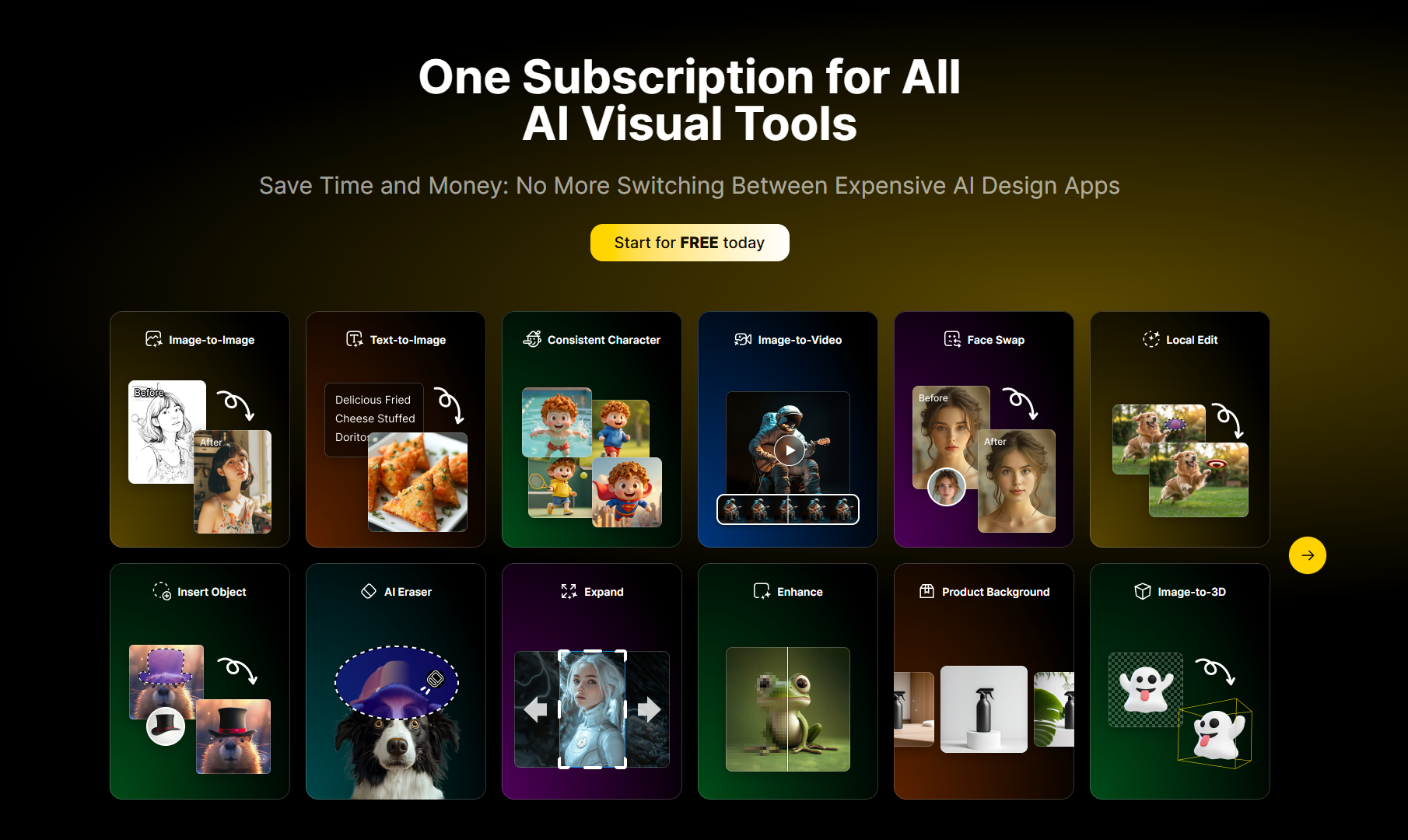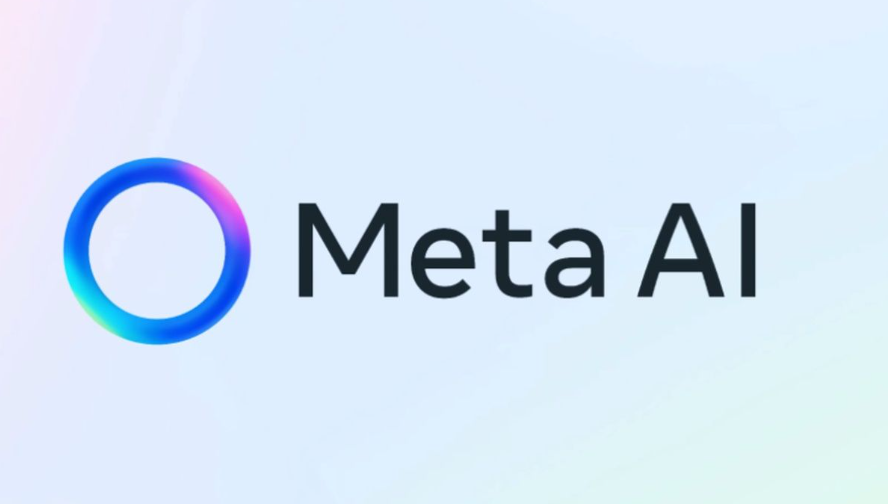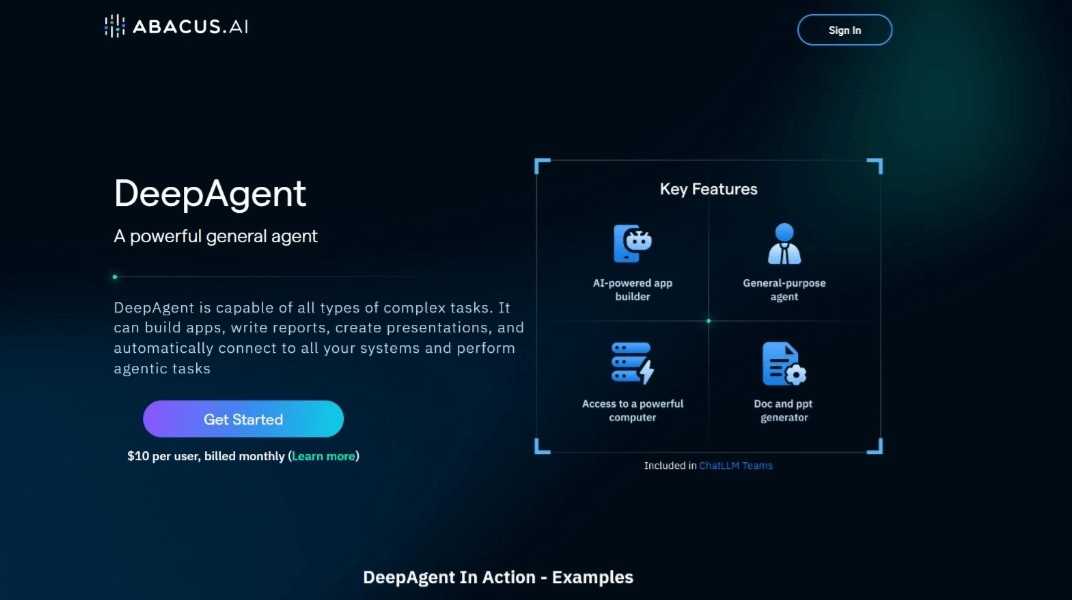
FaceFusion Labs is a leading platform focused on facial manipulation, leveraging advanced technology to achieve the fusion and manipulation of facial features. The platform’s main advantages include high-precision facial recognition and fusion capabilities, as well as a developer-friendly API interface. FaceFusion Labs background information shows that it made an initial submission on October 15, 2024, and was developed by Henry Ruhs. The product is positioned as an open source project, encouraging community contributions and collaboration.
Demand group:
" FaceFusion Labs is suitable for developers, researchers, and enterprise users who are interested in facial recognition and operation technologies. It can help them implement face-related functions in various applications, such as facial recognition, expression cloning, virtual makeup try-on, etc."
Example of usage scenario:
Developers can use FaceFusion Labs to develop facial recognition applications, such as security authentication systems.
Researchers can use the platform to perform facial expression analysis to study human emotions.
Enterprises can integrate FaceFusion Labs ’ API to provide personalized virtual makeup try-on services.
Product features:
Facial recognition: Ability to accurately identify facial features.
Facial fusion: Fusion of facial features of different people.
API interface: Provides a developer-friendly API interface to facilitate integration and development.
Open source projects: The community is encouraged to contribute code and improve the project.
Continuous updates: The project is active and regularly updated and maintained.
High-precision operation: Supports high-precision facial operation and editing.
Usage tutorial:
1. Visit FaceFusion Labs ’ GitHub page to learn about the project details.
2. Clone or download the project code to the local environment.
3. Read the project's README file to learn how to configure and run the project.
4. Modify the code or use the API interface as needed to implement specific facial operation functions.
5. If necessary, you can participate in the development of the project and submit your own code contributions.
6. During the development process, if you encounter problems, you can check the project's Issues page or seek help from the community.







